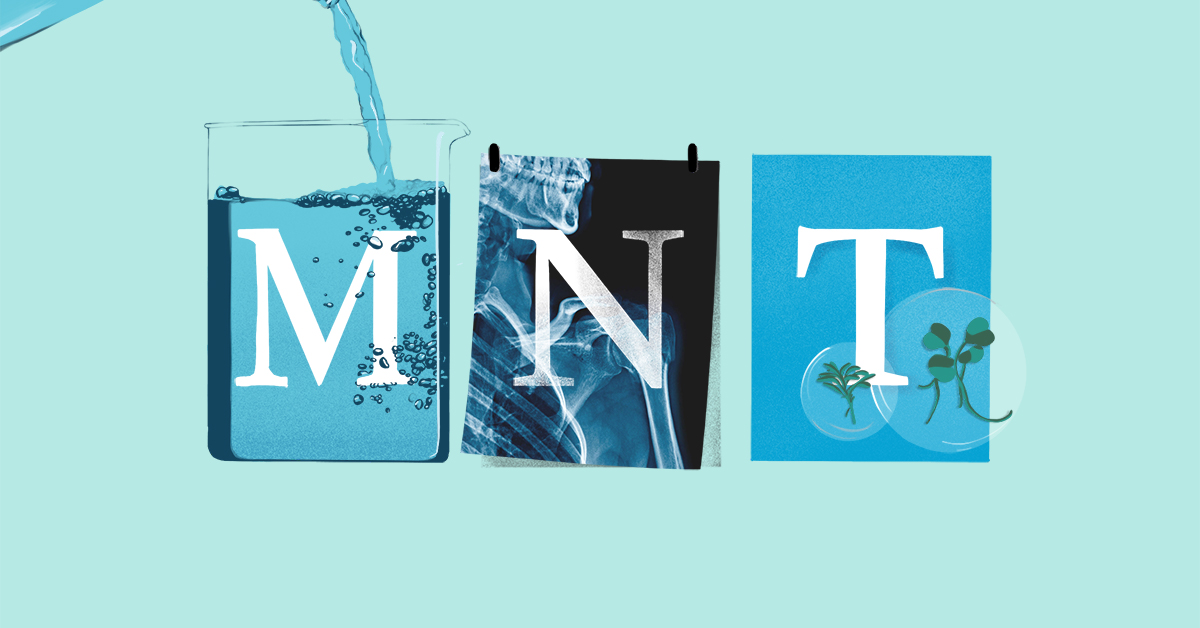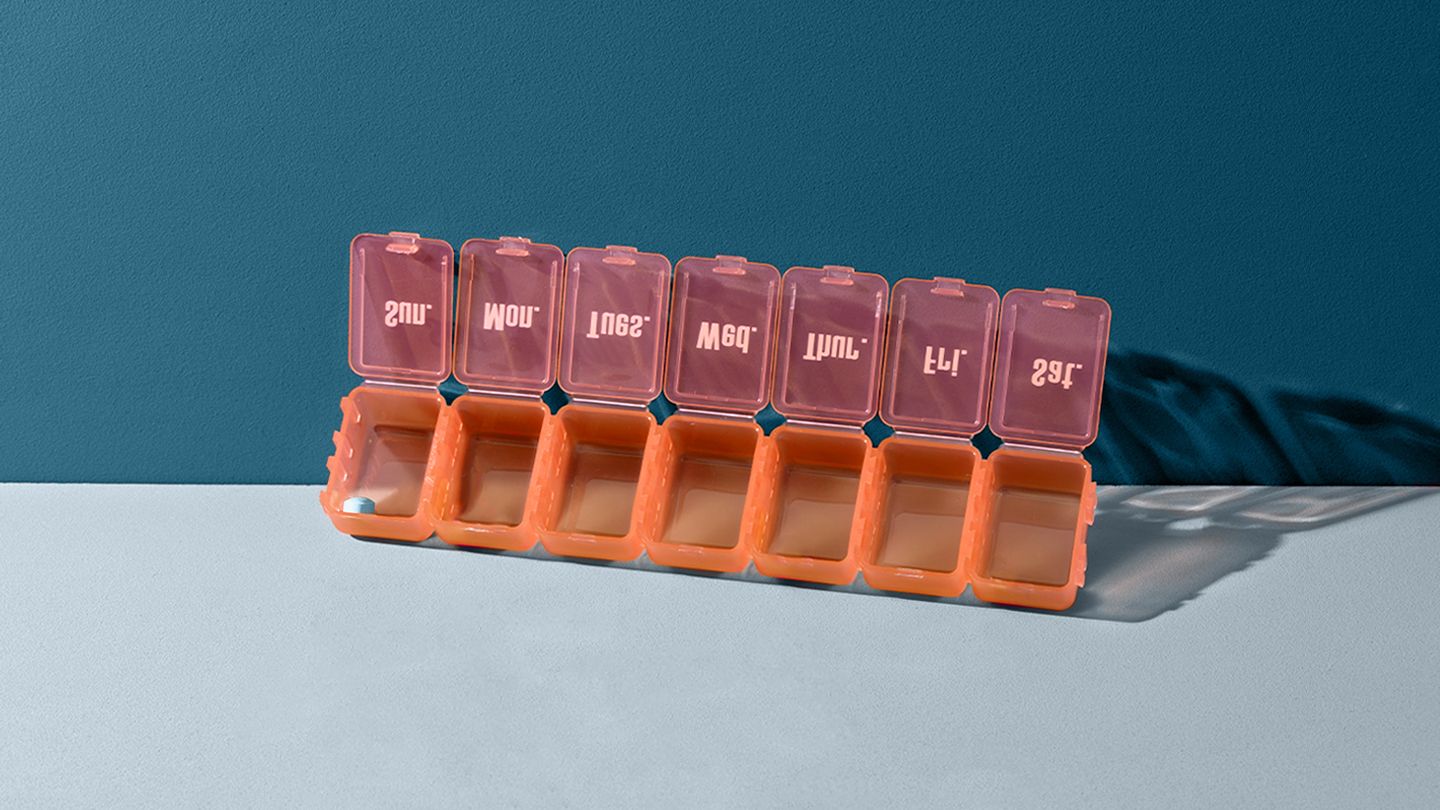Understanding D-Amphetamine Salt Combo (Adderall)
D-amphetamine salt combo, also known as mixed amphetamine salts, is more commonly known by the brand name Adderall. It is a stimulant medication that is prescribed to treat attention deficit hyperactivity disorder (ADHD) and narcolepsy. Adderall helps improve focus, concentration, and impulse control in those with ADHD. For those with narcolepsy, it works to promote wakefulness. Adderall is comprised of a combination of amphetamine salts that stimulate the central nervous system.
How Adderall Works
The amphetamine salts in Adderall work by increasing the activity of certain chemicals in the brain like dopamine and norepinephrine. This leads to enhanced focus and concentration, greater energy, and feeling more awake and alert. For those with ADHD, Adderall helps calm restlessness and regulate behavior by boosting attention span and improving organization. The effects of Adderall typically last for several hours after taking it.
Medical Uses of Adderall
Adderall requires a prescription from a doctor and is approved for treating ADHD and narcolepsy. For ADHD, it improves attention, focus, and self-control. With narcolepsy, Adderall works to reduce excessive daytime sleepiness and sudden loss of muscle control. It is sometimes prescribed off-label for conditions like depression, although the risks may outweigh potential benefits. Adderall is only effective when taken as prescribed and does not cure ADHD or other disorders long-term.
Different Types of Adderall
Adderall comes in two formulations - Adderall IR (immediate release) and Adderall XR (extended release):
- Adderall IR lasts around 4-6 hours with effects felt within 30 minutes. It requires multiple doses per day.
- Adderall XR lasts 10-12 hours with effects gradually felt over time. One daily dose provides all-day coverage.
Both IR and XR contain the mixed amphetamine salts, but the XR is released more slowly over time. Adderall also comes in generic versions and varying strengths. The most common doses are Adderall 5mg, 10mg, 15mg, 20mg, 25mg, and 30mg. Dosage depends on the patient's medical needs and response.
Risks and Side Effects
Adderall does come with potential side effects and risks like:
- Headaches, dizziness
- Stomach pain, loss of appetite, weight loss
- Sleep problems like insomnia
- Dry mouth
- Mood swings, irritability, aggression
- Anxiety, paranoia
- Heart issues like high blood pressure
- Growth suppression in children
- Dependence and addiction
Those taking Adderall should be carefully monitored for any side effects. Doses may need adjustment to minimize adverse reactions. Patients should follow their prescribing doctor's recommendations closely while using Adderall or amphetamine salts.
Potential for Abuse and Addiction
Because Adderall is a stimulant, it does carry a risk for abuse, misuse, dependence, and addiction. Possible signs of Adderall addiction can include:
- Taking more than prescribed
- Obsession over getting more Adderall
- Continued use despite negative consequences
- Feeling unable to function normally without it
- Cravings, tremors, irritability if stopped suddenly
Those with a history of substance abuse may be more prone to Adderall addiction. Anyone taking Adderall should adhere to their prescribed dosage. Consulting a doctor for guidance on proper use and dosage adjustments can help minimize risks.
What to Do if You Can't Get Adderall
Sometimes Adderall can be in short supply and difficult to get. If you can't access your normal Adderall prescription, here are some tips:
- Ask your pharmacy if the generic amphetamine salts are available
- Reach out to your doctor to see if another medication may work
- Check if your prescription benefits allow an emergency refill or supply from another location
- Contact your doctor to explain the situation and request samples
- Use non-medical strategies like planning, lists, exercise, proper sleep and nutrition
Never try to buy Adderall from illegal sources, share prescriptions with others, or take a higher than prescribed dose. Be patient and keep reaching out to your doctor and pharmacy.
Finding the Right Adderall Dosage
When starting Adderall, doctors will prescribe the lowest effective dose first. This helps minimize side effects and risks. Finding the optimal Adderall dosage usually involves some trial and error while monitoring how your body responds. Factors in determining the right Adderall dosage can include:
- Your age, weight, and medical history
- Severity of your ADHD or narcolepsy symptoms
- How long you've been taking Adderall
- Whether you're taking the IR or XR formulation
- If you are experiencing any side effects
Adderall dosing often starts at 5mg or 10mg for adults and works up from there. Children may require less due to their size and sensitivity. Extended release Adderall XR is usually taken once daily, while IR Adderall may require multiple doses to provide sufficient coverage throughout the day.
When to Contact Your Doctor
You should speak to your doctor if you experience any of the following while taking Adderall:
- Side effects like insomnia, appetite loss, or mood changes
- Symptoms don't seem well controlled at your current dosage
- Difficulty functioning if a dose is missed
- Urges to take more than your prescribed amount
Your doctor may adjust your dosage, switch you IR or XR, give instructions to manage side effects, add supplemental medication, or change your ADHD treatment plan if needed. Ongoing communication with your doctor helps ensure optimal Adderall dosage and usage.
Maximizing Adderall's Effectiveness
In addition to finding your ideal dosage, you can get the most from Adderall by:
- Taking Adderall at the same time(s) each day
- Using tools like reminders and pill organizers to stay on schedule
- Avoiding citrus juices or acidic foods which can interfere with absorption
- Staying hydrated with plenty of water throughout the day
- Eating a healthy diet since Adderall may suppress appetite
- Developing good sleep habits as stimulants can disrupt sleep
Discuss any difficulties managing your medication with your prescribing doctor. Never crush, break, chew, snort, or inject Adderall which can be dangerous.
Weaning Off of Adderall
Some people may wish to stop taking Adderall after a period of use. This should always be done under the guidance and supervision of your doctor. Quitting Adderall suddenly can cause withdrawal effects like fatigue, depression, and suicidal thoughts in some cases.
To safely wean off Adderall, doctors normally create a gradual tapering schedule reducing the dosage over weeks or months. This gives your body time to adjust to functioning without the medication. Factors in the Adderall discontinuation schedule may include:
- Your original Adderall dosage
- How long you've taken Adderall
- Any underlying medical or mental health conditions
- If you've experienced dependence or addiction
- Use of other medications that need adjustment
The tapering process will need to be tailored to your situation for a smooth transition. Withdrawal effects and cravings may still be felt but should be less severe than abruptly stopping.
Alternatives to Adderall During Weaning
Your doctor may prescribe certain medications to make weaning off Adderall easier. These may help reduce withdrawal symptoms and any temptation to restart Adderall. Some options include:
- Blood pressure medication - to counteract spikes from Adderall cessation
- Antidepressants - to control mood swings or depression
- Anti-anxiety medication - for any anxieties from Adderall withdrawal
- Sleep aids - to treat potential insomnia as Adderall tapers off
Certain over the counter supplements like magnesium or melatonin may also help treat some symptoms. Your prescribing doctor can suggest appropriate medications or supplements to support you during the Adderall weaning process.
Seeking Treatment for Dependence
People with more severe Adderall dependence or addiction may benefit from a formal treatment program during withdrawal. Treatment provides both medical and psychological support. Facilities offer constant monitoring, therapy, counseling, peer support and aftercare planning.
Treatment ensures individuals fully detox and wean off Adderall in a safe, controlled manner. It also addresses any factors that may have contributed to addiction. Continued follow up helps maintain long-term sobriety after completing treatment.
FAQs
What is Adderall?
Adderall is a brand name stimulant medication containing a mix of amphetamine salts. It is prescribed to treat ADHD and narcolepsy by improving focus, concentration, and wakefulness.
How does Adderall work?
The amphetamine salts in Adderall increase dopamine and norepinephrine activity in the brain. This stimulates the central nervous system leading to greater alertness, attention span, and impulse control.
What are the side effects of Adderall?
Potential Adderall side effects include headaches, insomnia, appetite loss, weight loss, dry mouth, mood swings, anxiety, paranoia, and increased heart rate and blood pressure.
Is Adderall addictive?
Yes, Adderall does carry a risk for dependence and addiction. This is higher in those with a history of substance abuse. Following dosage instructions can help minimize addiction risks.
How do you stop taking Adderall?
Adderall should only be stopped under the supervision of a doctor. They will create a gradual tapering schedule to slowly wean someone off Adderall to avoid withdrawal effects.
Disclaimer: This article is for informational purposes only and does not constitute medical advice. Always consult with a healthcare professional before starting any new treatment regimen.
Related Coverage
Research shows gluten can worsen ADHD symptoms in children. Learn how gluten sensitivities impact hyperactivity, concentration and behavior. Tips for gluten-free diets....
Find the Azstarys cost in 2025, with cash prices, insurance details, coupons and simple steps to cut your out‑of‑pocket spend....
Compare Strattera vs Adderall to see how their onset, side effects, effectiveness, and addiction risks differ for ADHD treatment....
Find out the current Qelbree cost, how to lower it with coupons, insurance tricks, and real‑world tips for 2025 savings....
Explore lifestyle changes, herbal supplements, essential oils and professional guidance to overcome insomnia through safe, natural means for more restorative sleep....
Learn about the safety, risks, and side effects of combining Lexapro and Adderall. Get tips for managing ADHD symptoms during Adderall shortages....
Learn how long Adderall stays effective for ADHD symptoms with immediate and extended release forms. Get tips for timing doses and minimizing ongoing side effects....
The ongoing Adderall shortage has made getting prescriptions difficult. Here's guidance on seeking alternative medications, non-drug therapies, and assistance programs....
Adderall requires a prescription and is illegal for recreational use, but when taken as directed for ADHD it is FDA-approved and legal under federal regulations....
Adderall shortages can make filling your prescription difficult. Learn techniques to check pharmacy inventory and locate Adderall when supplies are low....









